Home » POSH Training
India's leading POSH Awareness Experts
Be.artsy uses powerful tools like street theatre, posters, and storytelling to raise awareness about the Prevention of Sexual Harassment (POSH) at the workplace. We work with corporates, CSR teams, non-profits, government bodies, and UN agencies to build safer, inclusive spaces for everyone.
OUR IMPACT
Numbers That Speak for Themselves
People Impacted
350000
+
Sessions
3000
+
Topics Covered
10
Languages
5
Organisations
210
+
Industries
10
Cities
70
+
States & UTs
15
Bring Change Today
We are here with you
Organisations
Who trusted us
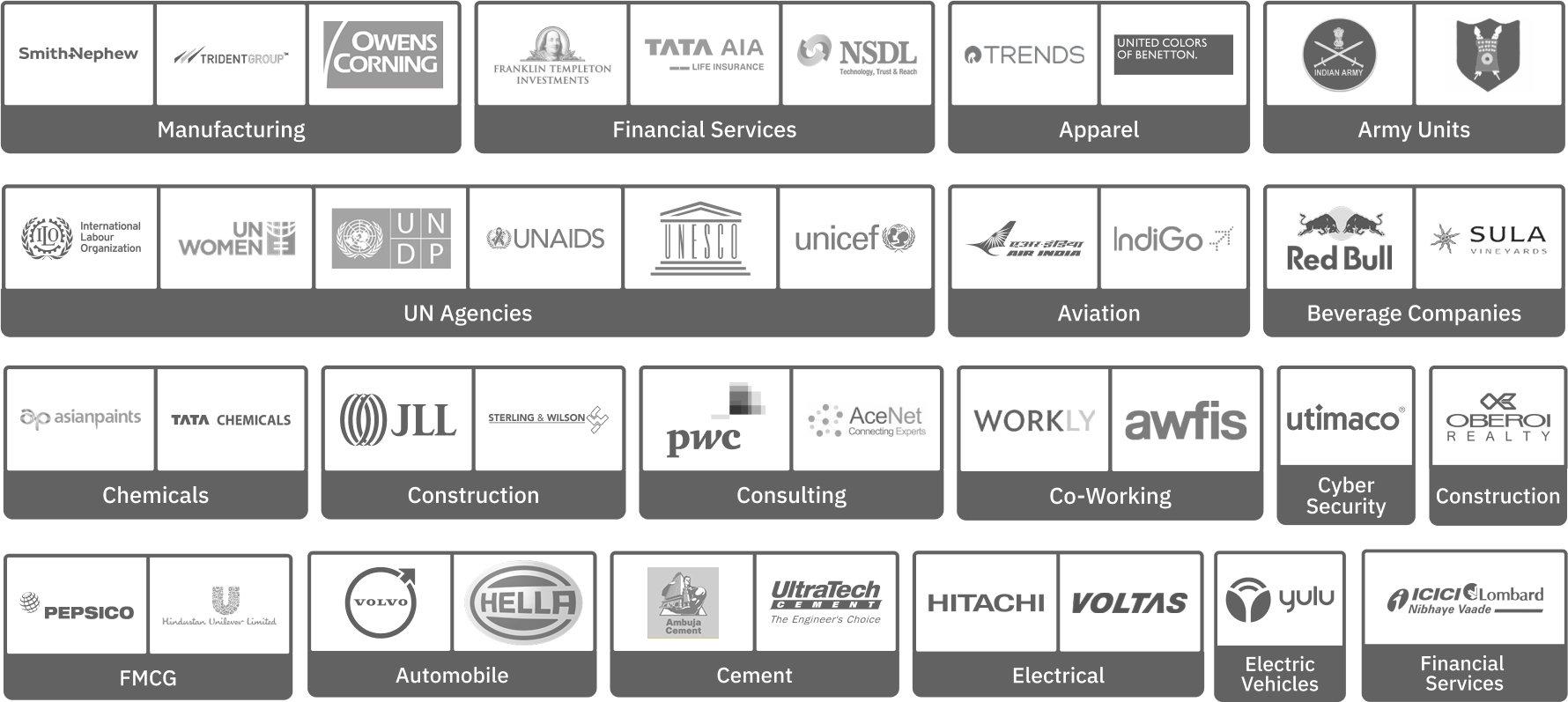
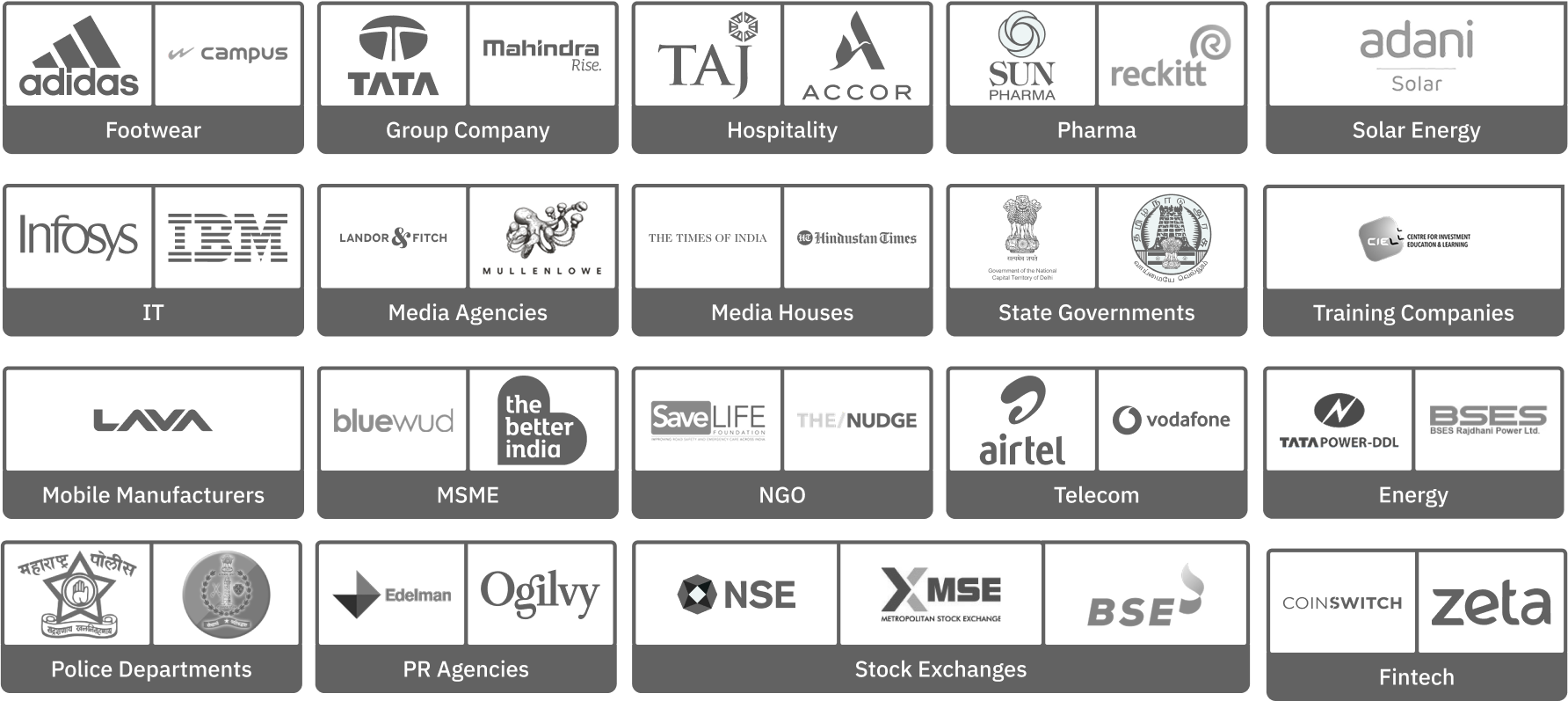
Documentation Videos
Blue Collar Employees
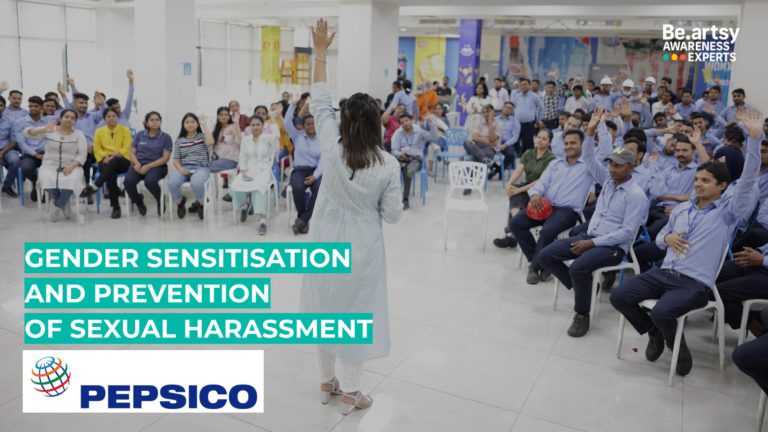
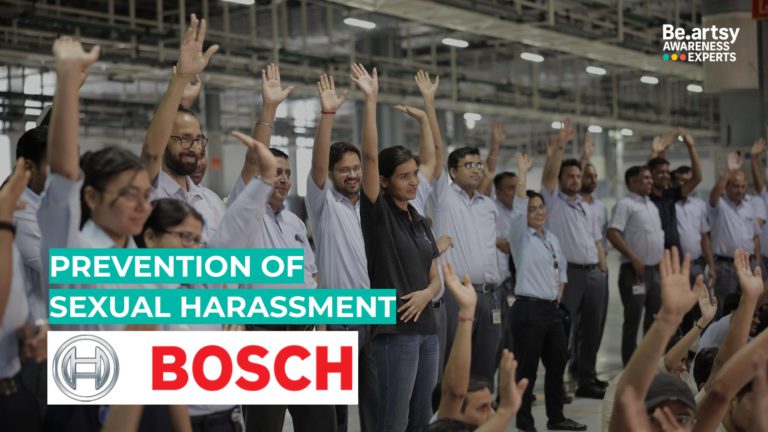

White Collar Employees


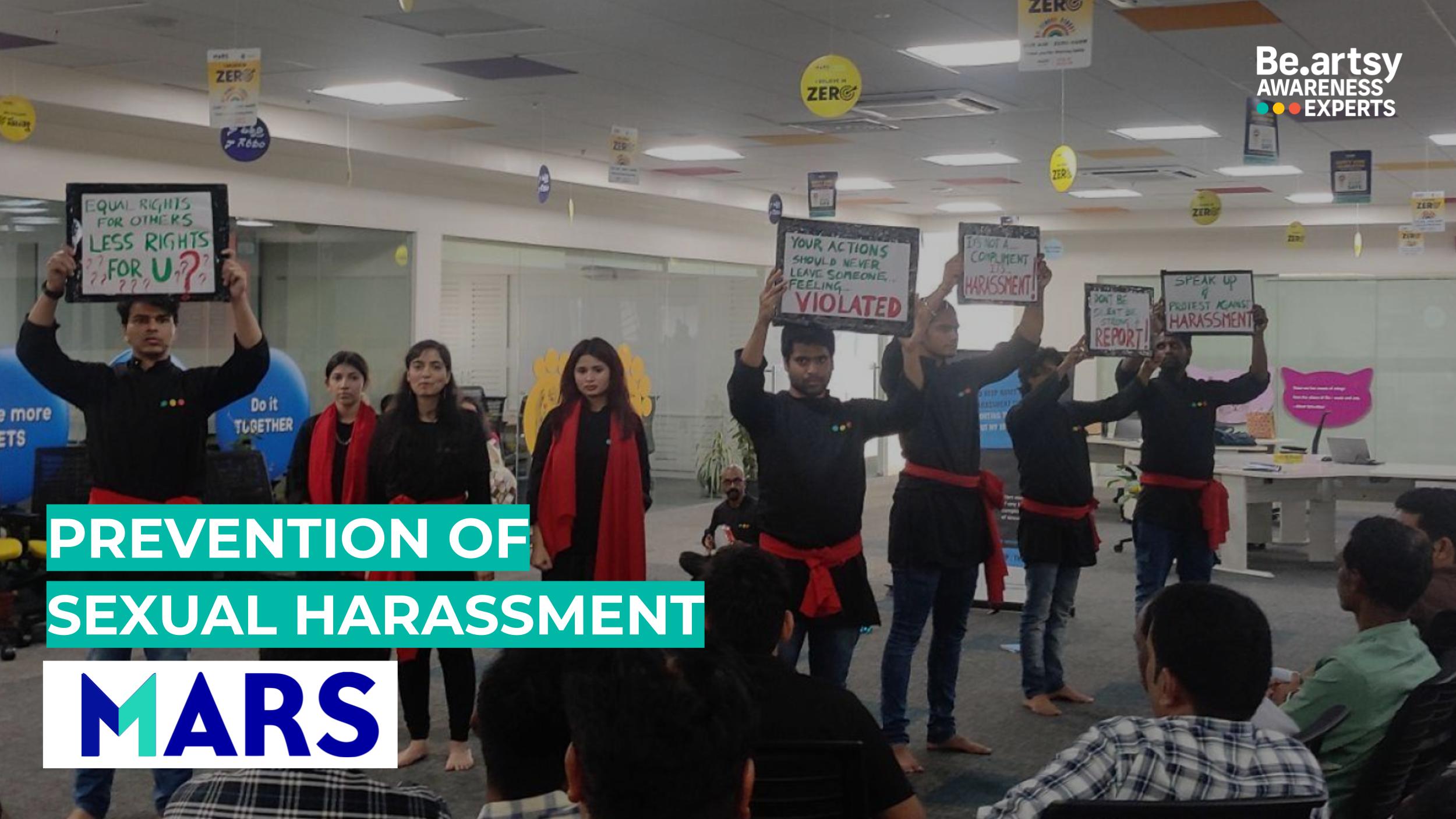
Other Videos

Legal Training for ICC- Air India

Classroom Based Training- Utimaco

Introduction – IT’S NOT OKAY
Bring Change Today
We are here with you
Frequently Asked Questions
All organisations with 10 or more employees, including startups, MNCs, and NGOs, must comply.
- Conducting regular training and awareness programs.
- Ensuring an Internal Committee (IC) is formed and functional.
- Handling complaints fairly and confidentially.
- Submitting annual compliance reports.
Non-compliance can lead to fines of up to INR 50,000 and, in severe cases, the cancellation of business licenses.
The PoSH Act, 2013 is primarily designed to protect women. However, organisations can create gender-neutral policies to address workplace harassment cases.
Contact Adarsh Singh on [email protected] | +91 7880 414042 to discuss.

